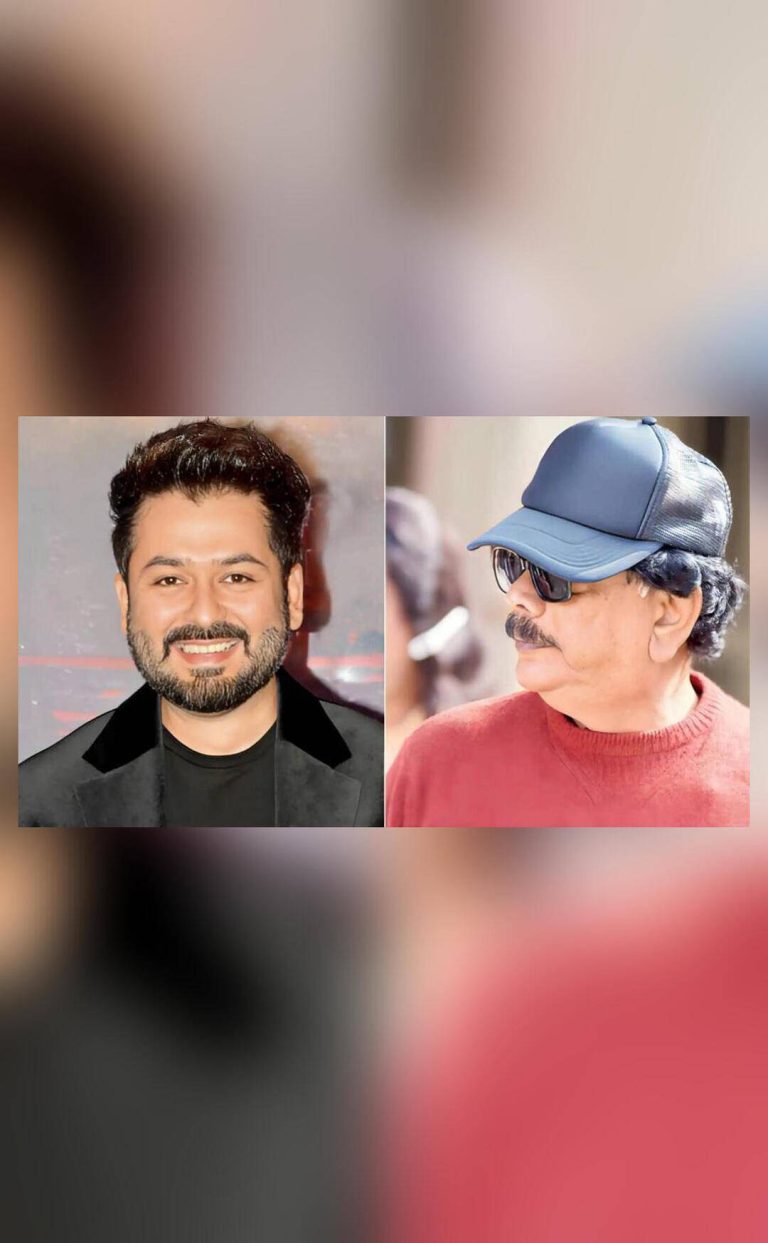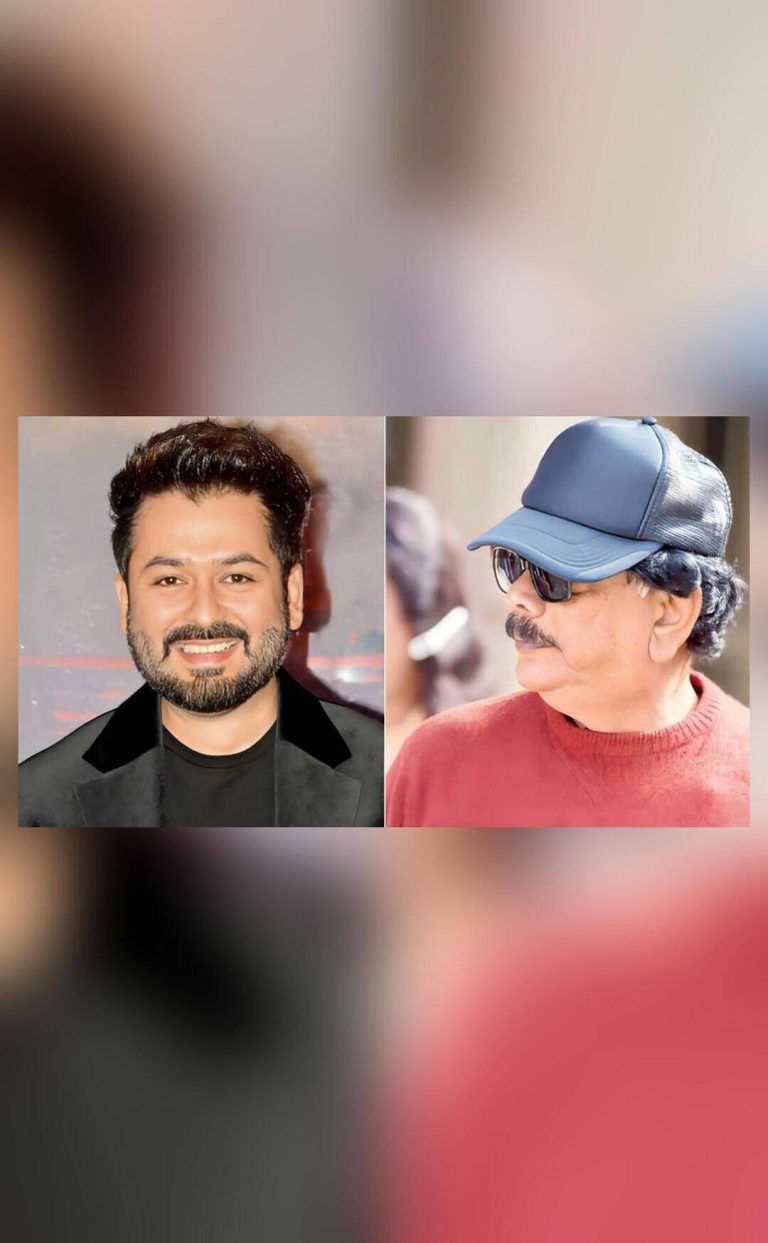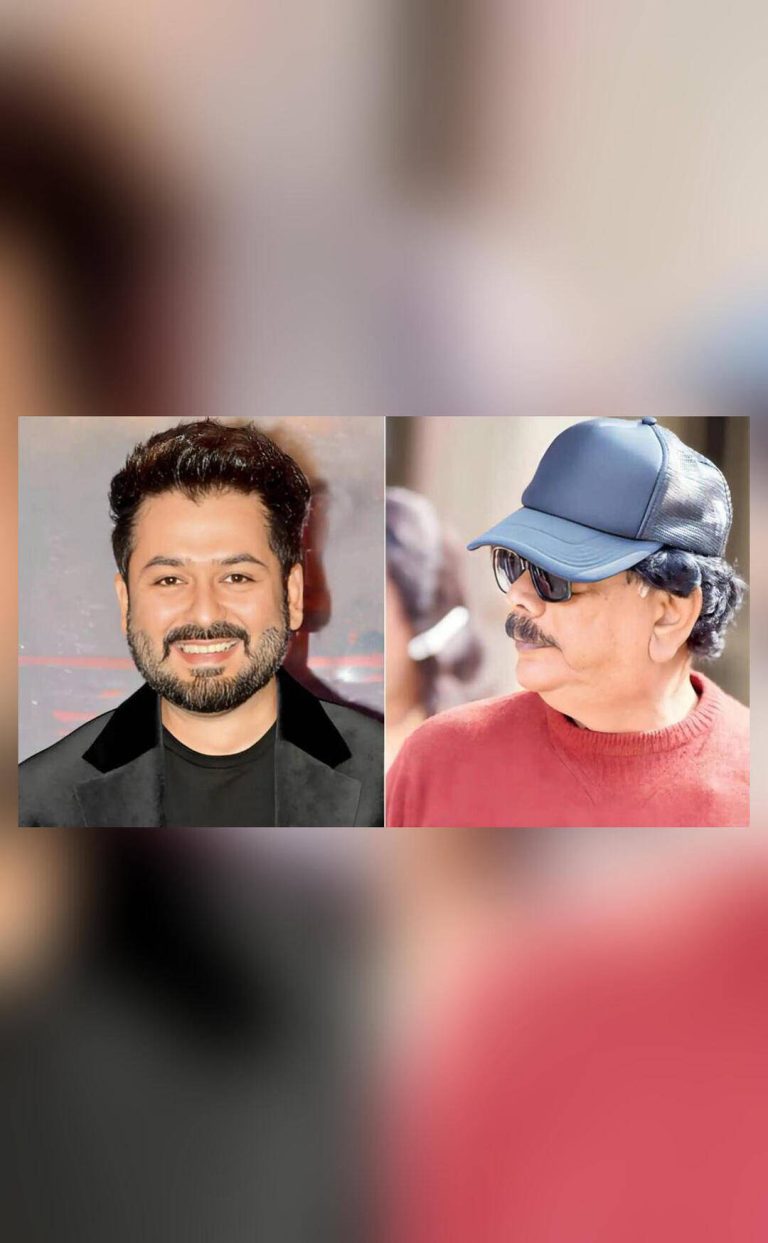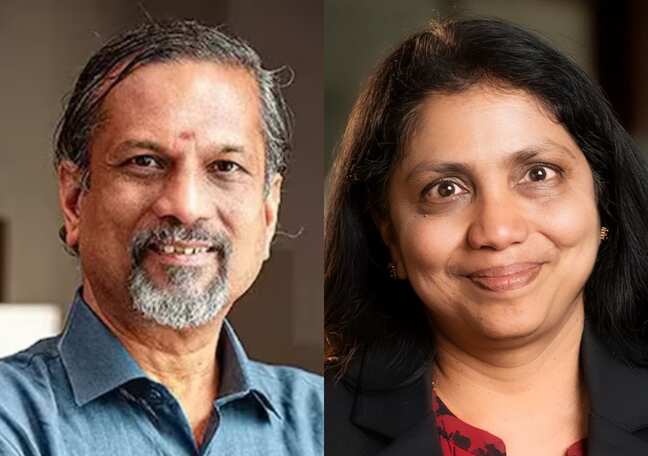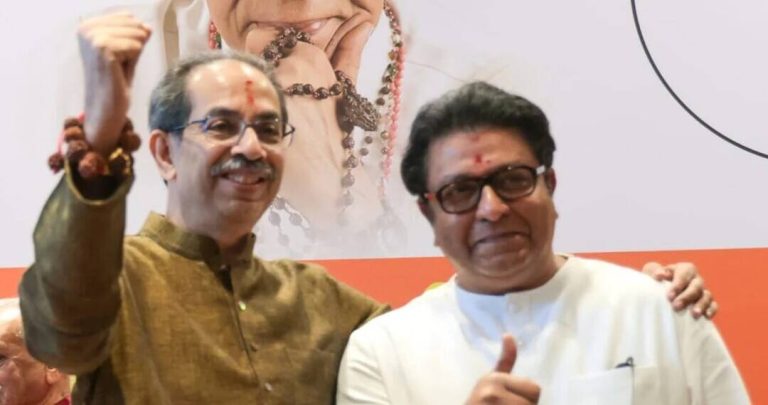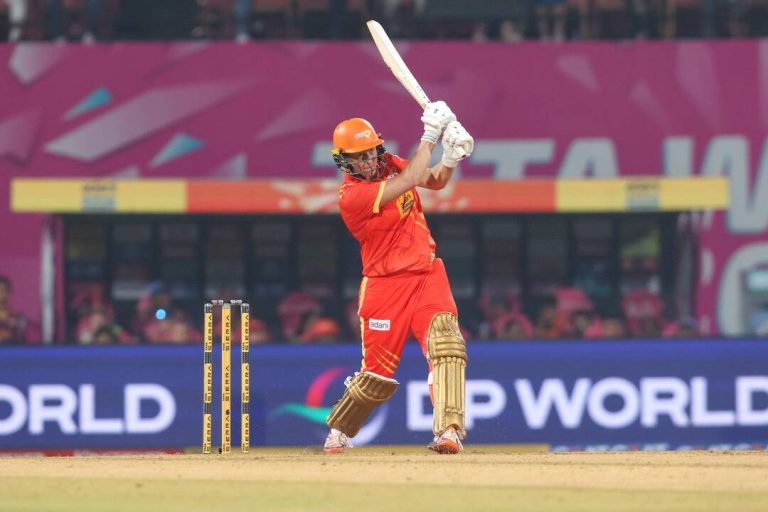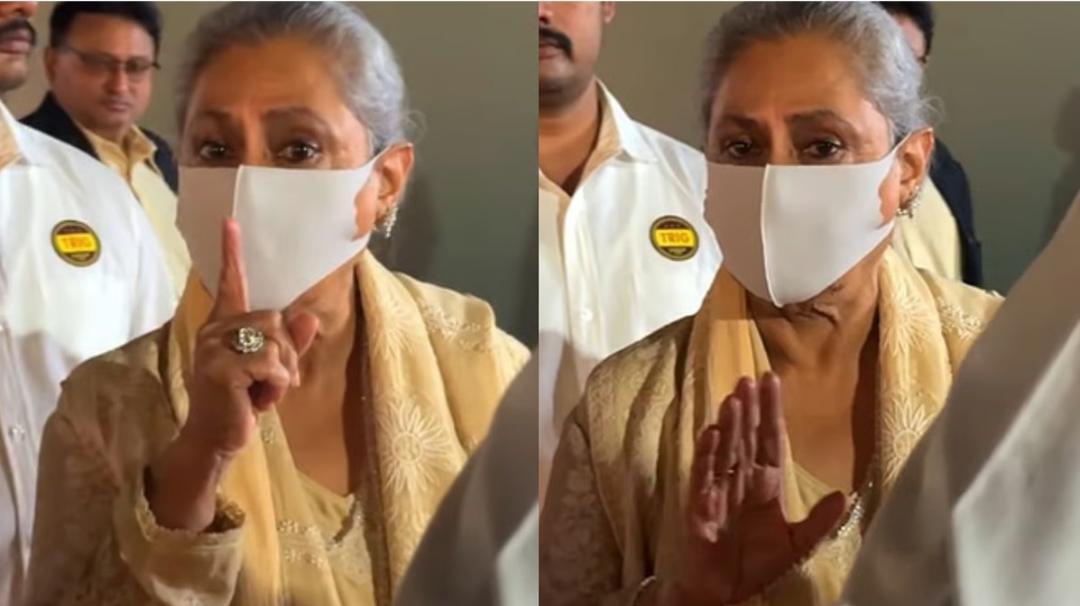
Shut your mouth & just take pics: Jaya Bachchan to paparazzi for passing remarks
The world of Bollywood is no stranger to drama, and the latest incident involving veteran actress Jaya Bachchan is proof of that. On Thursday, Jaya Bachchan lost her cool with the paparazzi after attending Abu Jani-Sandeep Khosla’s show in Mumbai. The incident has sparked a heated debate about the behavior of paparazzi and the treatment of celebrities in the media.
As Jaya Bachchan was leaving the event, she was surrounded by a swarm of paparazzi, all clamoring to get a shot of the legendary actress. However, things took a turn for the worse when some of the photographers started passing comments, allegedly making remarks about her or her family. This did not sit well with Jaya, who is known for speaking her mind and standing up for herself.
In a video that has gone viral on social media, Jaya can be seen reprimanding the paparazzi, telling them to “keep quiet, shut your mouth and just click pictures.” She can be heard saying, “Chup raho, munh band rakho, photo lo…khatam. Upar se comments karte rehte ho (Keep quiet, shut your mouth and just click pictures. No need to pass comments).” The video shows Jaya looking visibly upset and frustrated with the behavior of the paparazzi.
This incident has sparked a wider debate about the behavior of paparazzi and the way they treat celebrities. Many have come out in support of Jaya, saying that she was right to stand up for herself and that the paparazzi should respect the boundaries of celebrities. Others have argued that the paparazzi are just doing their job and that celebrities should be prepared to face the scrutiny that comes with being in the public eye.
However, it’s worth noting that Jaya Bachchan is not just any ordinary celebrity. She is a veteran actress with a career spanning decades, and she has earned the respect and admiration of her fans and colleagues alike. She is also a member of the prestigious Bachchan family, which has been a part of Indian cinema for generations.
Jaya’s outburst against the paparazzi is not an isolated incident. Many celebrities have spoken out about the harassment and scrutiny they face at the hands of the media. From being followed and photographed without consent to being subjected to invasive and personal questions, celebrities often have to deal with a level of intrusion that would be unacceptable in any other profession.
The incident also raises questions about the role of the media in Indian society. While the media has a crucial role to play in holding those in power accountable and providing a platform for voices to be heard, it also has a responsibility to respect the boundaries and dignity of individuals. In the case of celebrities, this means respecting their right to privacy and not subjecting them to harassment or scrutiny that is not justified by their public status.
In recent years, there has been a growing trend of celebrities pushing back against the media and asserting their rights. From actors speaking out against sexism and misogyny in the industry to musicians critiquing the ways in which their work is represented and consumed, there is a growing recognition that celebrities are not just public figures, but also human beings with rights and dignity.
Jaya Bachchan’s outburst against the paparazzi is a reminder that even the most powerful and respected celebrities can be pushed to their limits by the constant scrutiny and harassment they face. It’s a call to action for the media to reflect on its behavior and to consider the impact that its actions can have on individuals and society as a whole.
In conclusion, the incident involving Jaya Bachchan and the paparazzi is a reminder of the complex and often fraught relationship between celebrities and the media. While the media has a crucial role to play in Indian society, it also has a responsibility to respect the boundaries and dignity of individuals. As we move forward, it’s essential that we consider the ways in which we can promote a more respectful and equitable relationship between celebrities and the media.
